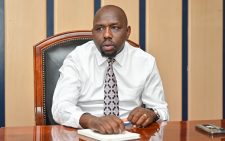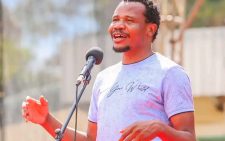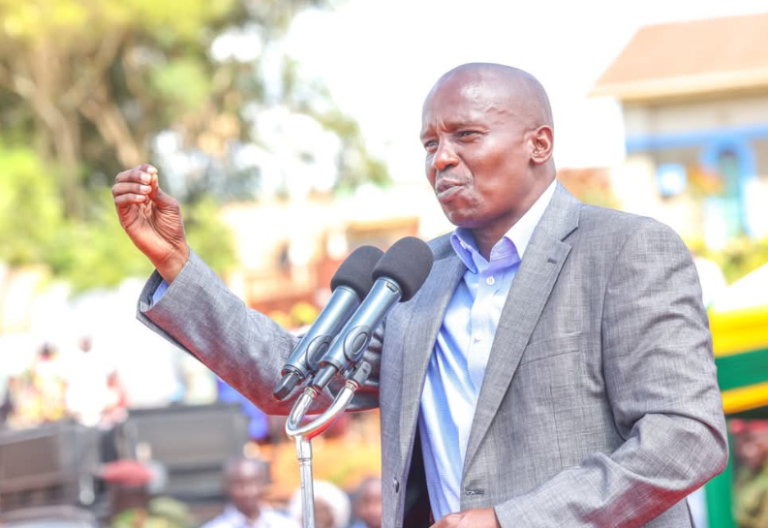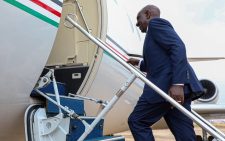Lobbies want King to address past atrocities
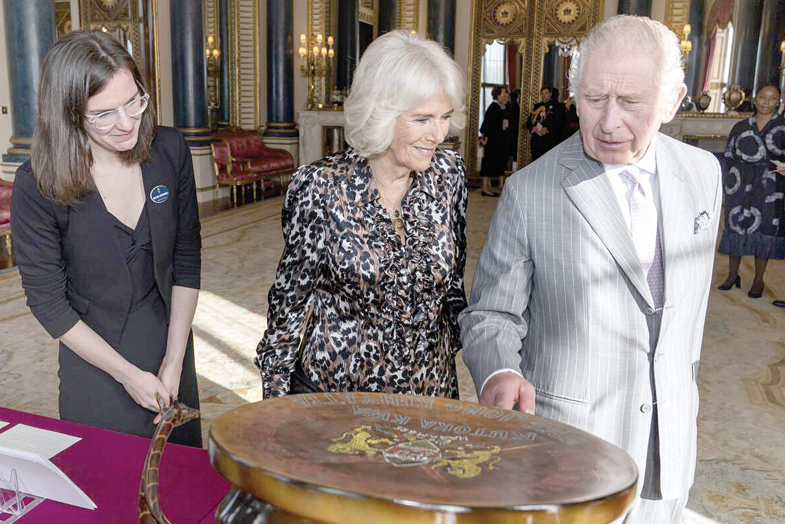
Calls to have colonial historical injustices committed by the British addressed have emerged in the wake of King Charles and Queen Camilla’s four-day official visit to Kenya.
The Royal couple will be facing calls to address the legacy of eight decades of British colonial rule, as well as complaints that British citizens still own large swathes of rich farmland in Kenya.
There are also accusations that the UK has failed to accept responsibility for the crimes of British soldiers stationed in Kenya since independence.
The Kenya National Human Rights Commission yesterday called on the King to use his visit to apologise for the atrocities committed to Kenyans during the Mau Mau struggle that led to Kenya’s independence.
KHRC Executive Director Davis Malombe said the British occupation of Kenya was characterized from inception by an extremely brutal and excessive force with punitive and violent expeditions that saw unprecedented crackdown of individuals, communities and associations that resisted its political ventures.
“The atrocities committed by the British regime were so gross that the Truth, Justice and Reconciliation Commission (TJRC) described them as unspeakable and horrific gross violations of human rights,” said Malombe.
Colonialism
The trip will also be closely watched around the world, because it’s the king’s first State visit to an African nation and his first to a Commonwealth member since he ascended the throne last year.
It comes at a time when the UK and the royal family is under pressure to reexamine the history of colonialism and apologize for its role in the trans-Atlantic slave trade.
Behind the history and symbolism, Britain is keen to buttress its modern relationship with Kenya, which includes cooperation on counterterrorism and efforts to boost trade that totals more than 1.1 billion pounds (Sh196 billion) a year.
Addressing journalists at their offices, Malombe and David Lamba, who is the chairperson of the KHRC, said the British government is yet to meet critical obligations it needs to undertake following atrocities it committed to Kenyans.
They want the British government to document reparations and repository of materials related to the British.
“We demand that the British Government supports the civil society, victims and academic groups working on this to undertake a comprehensive mapping of all the existing information, adversely impacted groups and the harm suffered,” said Lamba.
The rights group are also demanding adequate reparations for all victims, involvement of all the victims’ groups and other key actors and human rights commitment and compliance of the British in all is foreign policy and operations.
Charles will underscore his commitment to environmental protection with visits to a national park to see vital conservation work undertaken by the Kenyan Wildlife Service.
Charles is expected to tackle “the more painful aspects” of the UK’s historic relationship with Kenya – namely the period of British rule, which ended in 1963, Buckingham Palace has said.
This will include the “Emergency” of 1952-1960, when colonial authorities imposed a state of emergency in response to the Mau Mau guerrilla campaign against European settlers.
“His Majesty will take time during the visit to deepen his understanding of the wrongs suffered in this period by the people of Kenya,” the Palace said this month, announcing the trip.
State banquet
About 10,000 people – mainly from Kenya’s Kikuyu community – were killed during the suppression of the uprising and as a result, the royal visit is likely to be greeted with mixed emotions.
It was also in Kenya in 1952 that Charles’s mother – the late Queen Elizabeth II – learned of the death of her father, King George VI, marking the start of her historic 70-year reign.
Charles and Queen Camilla will be welcomed by President William Ruto in Nairobi on Tuesday.
During two days in the capital, he will meet entrepreneurs, young Kenyans and participate in a State banquet.
He will also visit a new museum dedicated to the East African nation’s history and lay a wreath at the Tomb of the Unknown Warrior in Uhuru Gardens, where Kenya declared independence in December 1963.
The king and queen will then travel to the coastal city of Mombasa, where they will visit a nature reserve and meet representatives of various religions. The visit comes 40 years after Elizabeth’s State visit to Kenya in November 1983.
After a court case lasting several years, Britain agreed in 2013 to compensate more than 5,000 Kenyans who had suffered abuse during the Mau Mau revolt, in a deal worth nearly 20 million pounds (Sh3.5 billion).
After Prince William expressed “profound sorrow” for the slave trade during a trip to Jamaica last year, stopping short of a formal apology, Charles’s words in Kenya will be “watched very closely”.
In August, the Kenyan Parliament launched an inquiry into the activities of the British army, which has a base on the outskirts of the town of Nanyuki, about 200km north of Nairobi.
Charles has made three previous official visits to Kenya, in 1971, 1978 and 1987, and both the king and queen have also visited the country privately.


